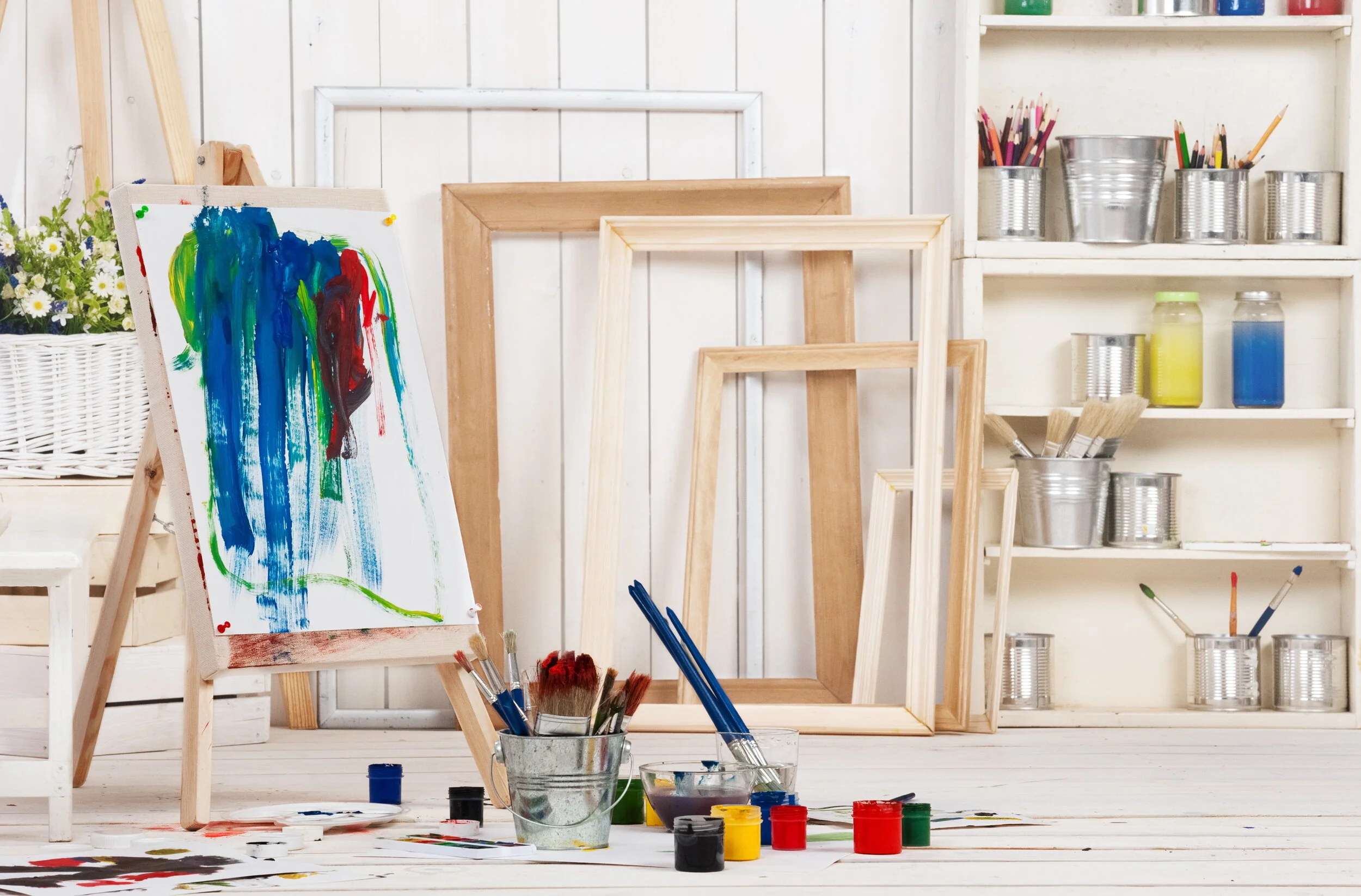3 Ways to Teach Art History
Art history is one of those extras that can wait indefinitely on your “as-soon-as-we-find-some-time” list. If you’re tired of waiting to dig into the world’s creative history, these curricula will help you make art history part of your regular routine now.
Art history is one of those extras that can wait indefinitely on your “as-soon-as-we-find-some-time” list. If you’re tired of waiting to dig into the world’s creative history, these curricula will help you make art history part of your regular routine now.
1. SHORT LESSONS IN ART HISTORY
Great for: Kids who like history but not necessarily making art
This is curriculum focuses on notable artists and schools of art from the Italian Renaissance through the mid-20th century, using biographies and major works as a jumping-off point for projects and discussions about art history. Though it’s recommended for middle through high school and does work well for those grades, it’s adaptable enough to use with younger kids or with a group of different ages.
2. KHAN ACADEMY: ART HISTORY
Great for: Visual learners who want to see lots of pictures
The standout feature of Khan Academy’s free online art history program is the sheer breadth of images it contains — while books are limited by their page space, Khan Academy is able to collect hundreds of pieces of art for each period it covers. (In fact, some of the recommended viewing list for AP Art History is only available through Khan Academy.) You could certainly use this with younger students, but it works best as a self-contained, self-directed study for students in middle school or older.
3. DISCOVERING GREAT ARTISTS FOR KIDS
Great for: Project-based learners who want activities and a focused approach
If you want to get your hands dirty with art projects, this is the program for you: For each of the featured artists, there’s an art project that mimics that artist’s style. (For instance, you’ll make a stained glass pattern when you study Louis Comfort Tiffany and a dot print when you explore Roy Lichtenstein’s work.) After a short artist biography and a little historical context, you’ll dive right into hands-on projects that let you try techniques and styles for yourself. Activities range from preschool-friendly to much more complex, but most are adaptable to work with students of any age.
(We’re Amazon affiliates, so if you purchase something through an Amazon link, we may receive a small percentage of the sale. Obviously this doesn’t influence what we recommend, and we link to places other than Amazon.)





If you want to make your homeschool a place that values creativity and creating, you can’t sit on the sidelines and wait for it to happen — you’ve got to get messy with them.